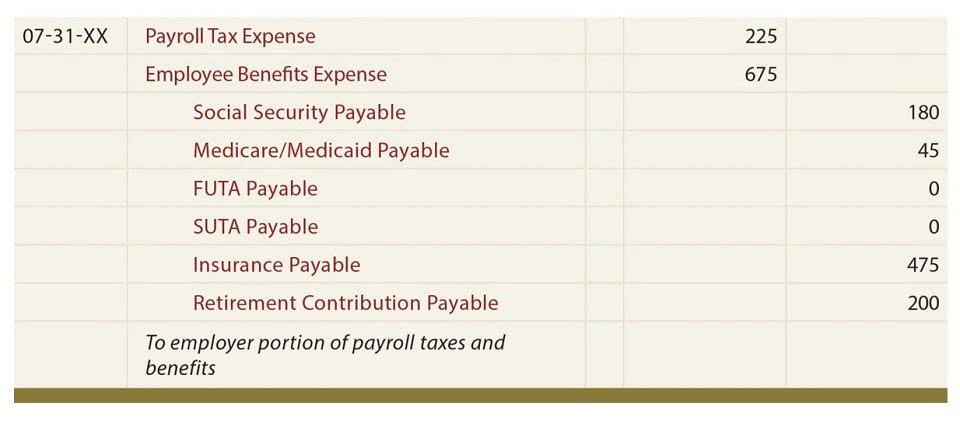- Comunícate con Nosotros
- 312 368 2478
- 710 4556
- comercial@resistenciaslugui.com.co
Meet your perfect match regarding the senior hookup app
septiembre 20, 2023Ask Polly: How Can I Stop Being Very Obsessed With My Personal Boyfriend?
septiembre 20, 20234 Reasons Businesses Still Need Petty Cash
Content

It might seem tedious to log every tiny expense in this way, but there’s nothing petty about petty cash expenses. You must document all of your petty cash expenses if you want to write them off on your taxes, just like you would any other income or expense. If you use accrual accounting, the top-up may be credited from accounts payable instead of cash. That depends on how many small expenses you make and how often you make them, but most businesses seem fine carrying between $100 and $200 in petty cash. In the past I worked in several different jobs before I began my freelance business.

She also says that small businesses need to include all the necessary tax payments in their cash flows. Furthermore, keep a Microsoft Excel doc or other spreadsheets that tracks who spent what, when it was spent, and the total amount of spending for both the month and year to date. Not only will this help you hold employees accountable, it will also ensure you’re more prepared at tax time.
They make it hard to keep records
Having the right amount of petty cash on hand enables a business to respond quickly to business needs as they arise. With proper controls, a petty cash fund is a valuable tool that keeps business rolling without the cumbersome task of writing a check each time small amounts of money are needed. To use petty cash, simply grab however much cash you need from the lockbox (say, $10). If the vouchers total $130 but the fund needs only $125, the journal entry includes a $5 credit to the cash over and short account.
- Petty cash is the money that a business or company keeps on hand to make small payments, purchases, and reimbursements.
- In several instances, company employees might need to make expenses for business purposes.
- If every employee has access to petty cash, bad or nonexistent record keeping usually results.
- Cash over and short appears on the income statement as a miscellaneous expense if the account has a debit balance or as a miscellaneous revenue if the account has a credit balance.
- By keeping track of all petty cash transactions – no matter how petty- you have records to back up deductions for those small business expenses.
The journal entry for the replenishment amount is a debit to Petty Cash and a credit to Cash. Every once in a while, compare the petty cash balance recorded in your petty cash log why do businesses use petty cash funds? with the actual remaining amount of cash in your lockbox. If the numbers don’t match, that means something went wrong, and you need to review each expense for any discrepancies.
How Do You Balance Petty Cash in Accounting?
If the petty cash fund is over, a credit is entered to represent a gain. If the petty cash fund is short, a debit is entered to represent a loss. The over or short account is used to force-balance the fund upon reconciliation.
If the petty cash account often needs to be replenished before the end of the accounting period, management may decide to increase the cash balance in the account. If, for example, management of the Galaxy’s Best Yogurt decides to increase the petty cash balance to $100 from the current balance of $75, the journal entry to do this on August 1 would be as follows. Balancing the petty cash account usually occurs when the fund needs to be replenished. The petty cash custodian brings all the slips or vouchers to the business’ bookkeeper, cashier, or accountant. The petty cash receipts are logged into the company’s General Ledger as credits to the petty cash account, and probably debits to several different expense accounts.
